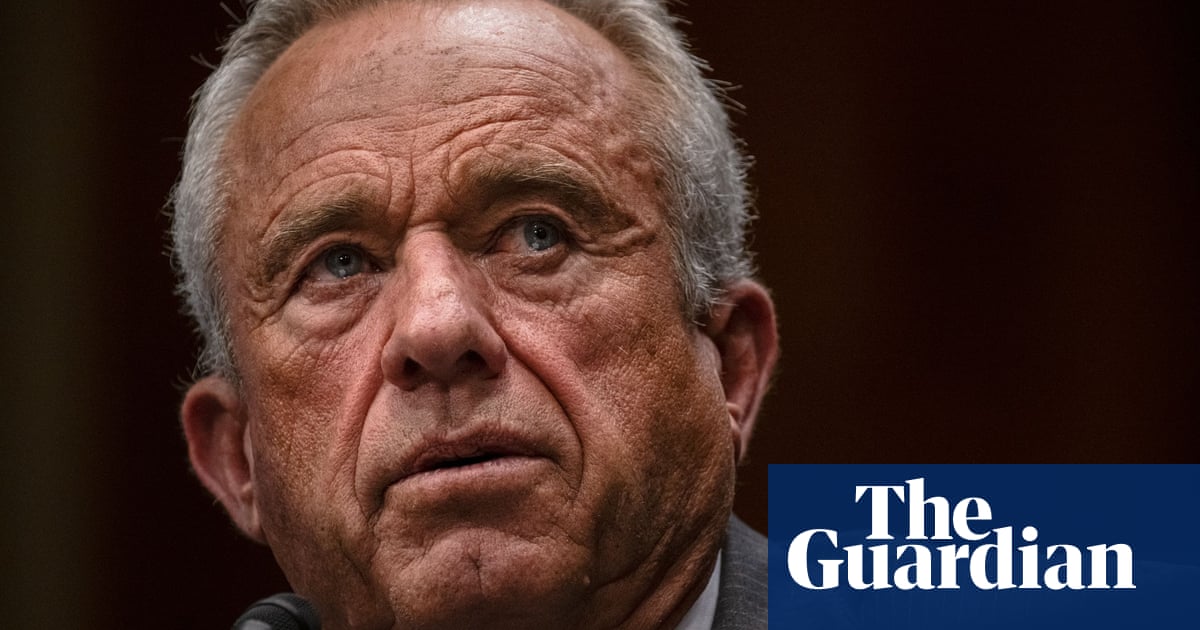The Trump administration’s pause on new regulations threatens reforms made to ease the burden of medical debt.
Although such reforms are broadly popular, and half of Americans worry they will be bankrupted by a major medical event, Republicans have opposed allowing the medical debt reform to move forward.
The uncertainty is part of broader upheaval in the federal government, as billionaire Elon Musk has worked to gain access to federal payment systems. Musk said in the past he would “delete” the agency responsible for consumer protection, an arm of the Federal Reserve called the Consumer Financial Protection Bureau (CFPB).
“The CFPB’s medical debt rule was designed to protect consumers from predatory debt collectors, to protect consumer privacy and protect consumers from the weaponization of medical debt,” said Rob Weissman, co-president of consumer advocacy group Public Citizen.
“The phenomenon of medical debt alone, let alone appearing on credit reporting, is a function solely of our completely dysfunctional corporatized healthcare system. In the US, we do not have healthcare delivered as a right.”
An estimated 46 million Americans had medical debt on their credit report in 2020 – adverse marks sent by healthcare providers to credit agencies that could ripple throughout a person’s financial life. A low credit score can prevent a person from securing loans, housing and jobs. The Biden administration hoped to eliminate medical debt on credit reports by barring creditors from reporting delinquent debt to credit agencies.
after newsletter promotion
The consumer protection was thrown into question first on day one of the Trump administration, when the president paused all forthcoming regulations. Further uncertainty was cast on Monday, when the new treasury secretary, Scott Bessent, ordered workers at the CFPB to pause work and stop all forthcoming regulations. The rule was scheduled to take effect in March.
The debt collection industry, which profits from medical debt collections, vehemently opposed the rule. The industry group ACA International lobbied Bessent as recently as Monday to stop the medical debt reforms.
“In the past two years, the CFPB has undertaken a misguided public relations campaign to target ACA members’ compliant and beneficial work collecting debt for medical providers,” ACA International’s CEO, Scott Purcell, said in a letter.
“Accordingly, we write to respectfully request that the CFPB delay or rescind two recent CFPB administrative actions originating with the prior administration.”
Purcell also asked Bessent to stop the implementation of a second rule, slated for October, that would have required debt collectors to independently review each medical debt sent to them for collection and ensure they were not “upcoded”. “Upcoding” is a colloquial term for billing a patient for a more complex – and expensive – service than they received. The practice is believed to be widespread in the healthcare industry.

 German (DE)
German (DE)  English (US)
English (US)  Spanish (ES)
Spanish (ES)  French (FR)
French (FR)  Hindi (IN)
Hindi (IN)  Italian (IT)
Italian (IT)  Russian (RU)
Russian (RU)  11 hours ago
11 hours ago
























Comments